A key member of the Brazilian avant-garde, Clark was a co-founder of the influential neo-concrete movement which emerged at the end of the 1950s. This exhibition focuses on her early paintings, to explore how her experiments with figuration and abstraction presaged her later sculptural constructions and participatory actions. Find out more from the Guggenheim Bilbao’s website.
Preview the exhibition below | View Apollo’s Art Diary here
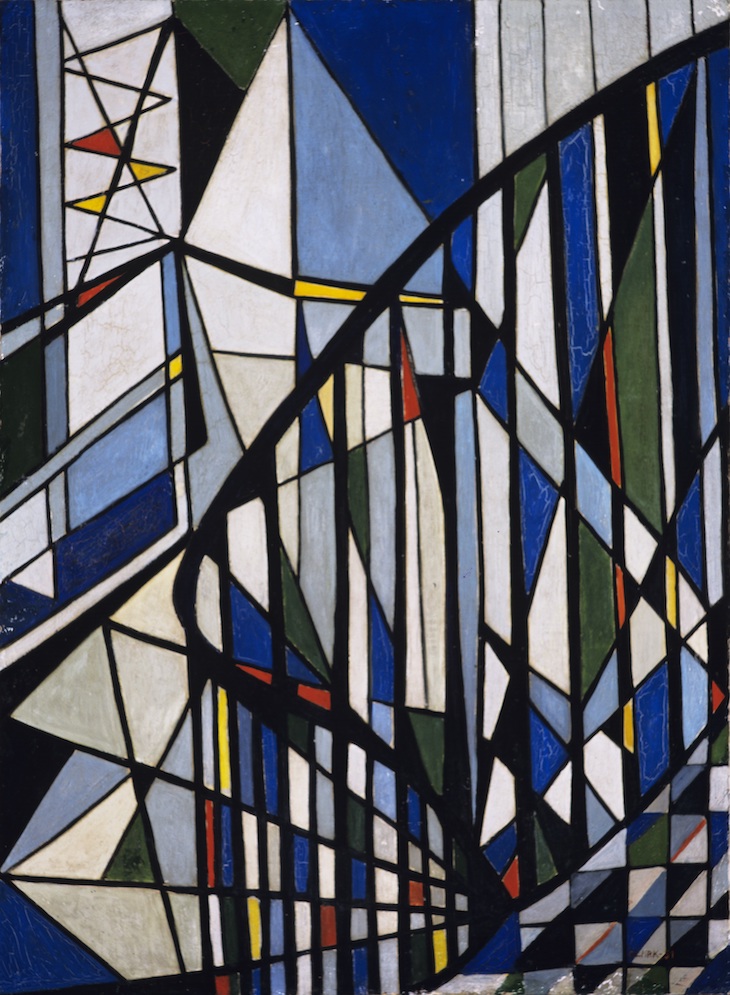
Escada (Staircase) (1951), Lygia Clark. © Courtesy of ‘The World of Lygia Clark’ Cultural Association

Composição (Composition) (1953), Lygia Clark. © Courtesy of ‘The World of Lygia Clark’ Cultural Association
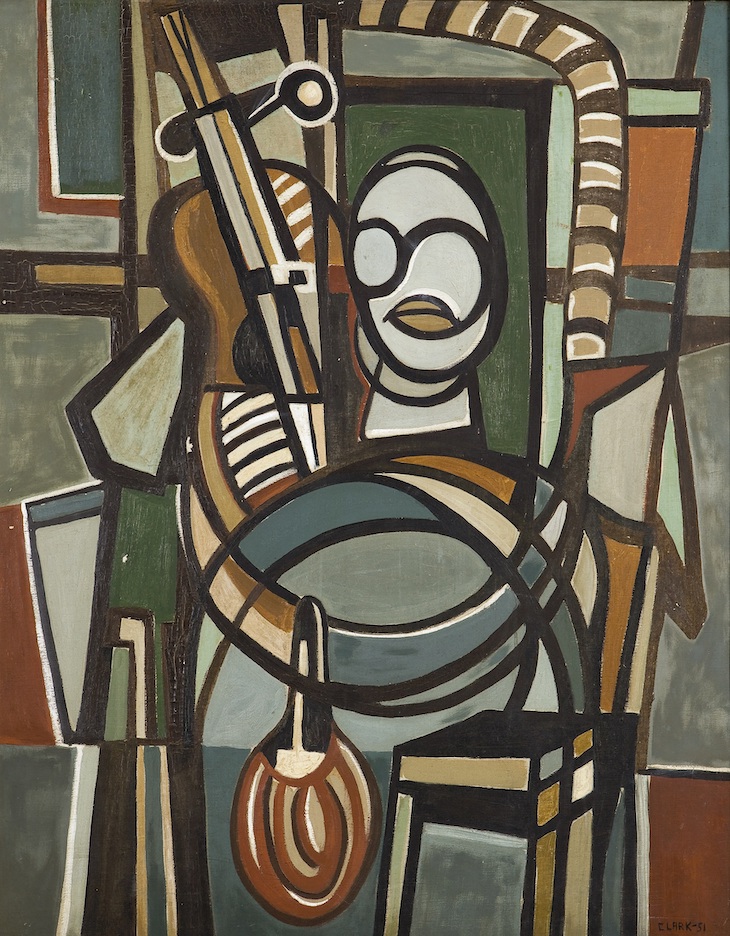
O Violoncelista (The Violoncellist) (1951), Lygia Clark. © Courtesy of ‘The World of Lygia Clark’ Cultural Association
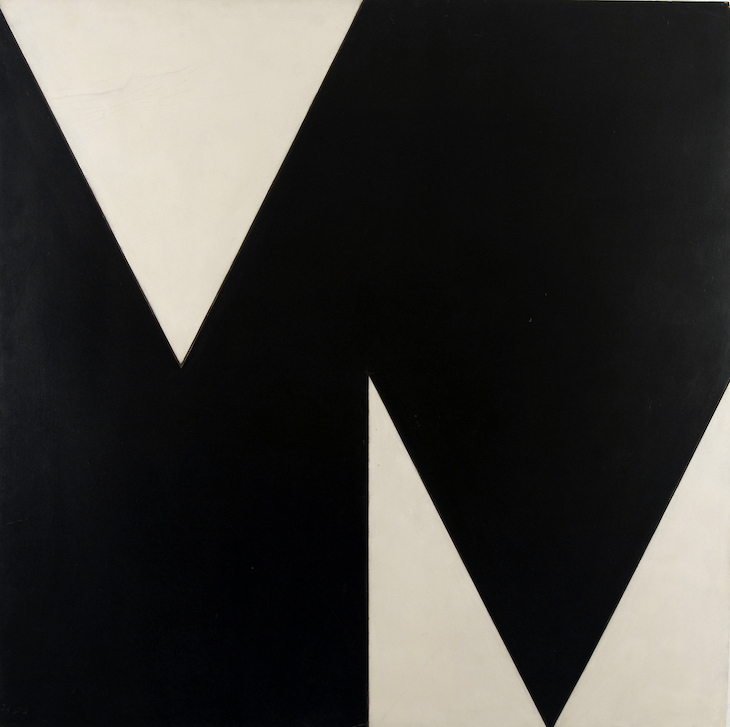
Planes in modulated surface, Series B, no. 7, Version 1 (1958), Lygia Clark. © Courtesy of ‘The World of Lygia Clark’ Cultural Association



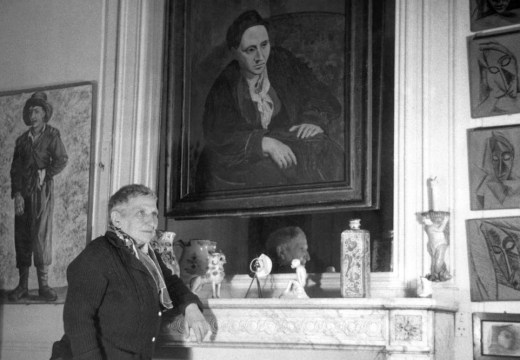

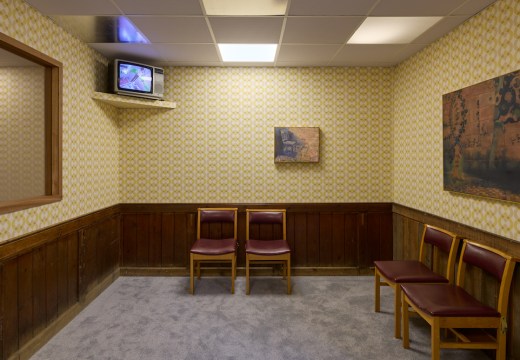
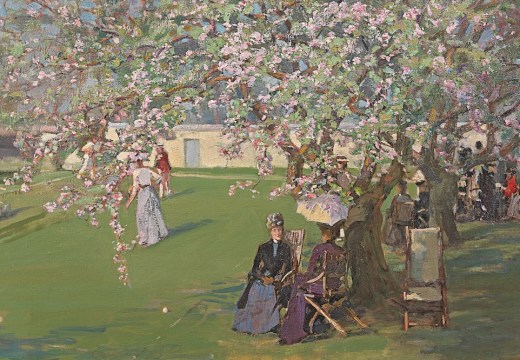
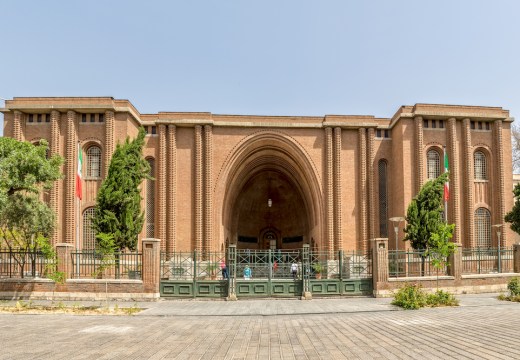

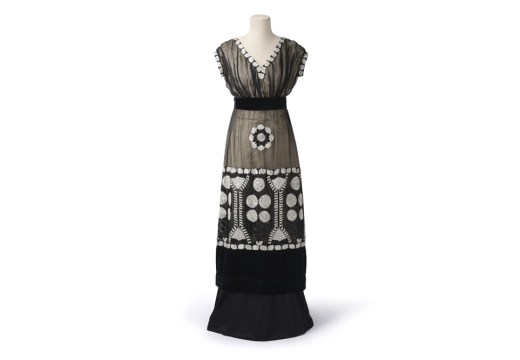
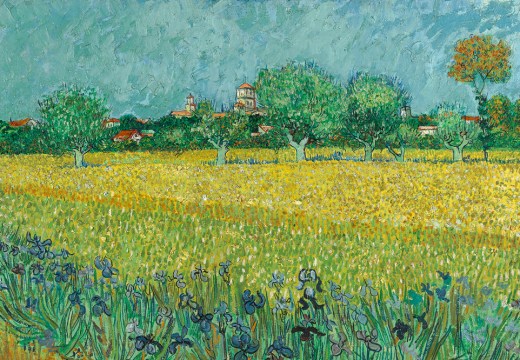
![Masterpiece [Re]discovery 2022. Photo: Ben Fisher Photography, courtesy of Masterpiece London](https://apollo-magazine.com/wp-content/uploads/2022/07/MPL2022_4263.jpg)
Sitting pretty – the world’s best museum benches